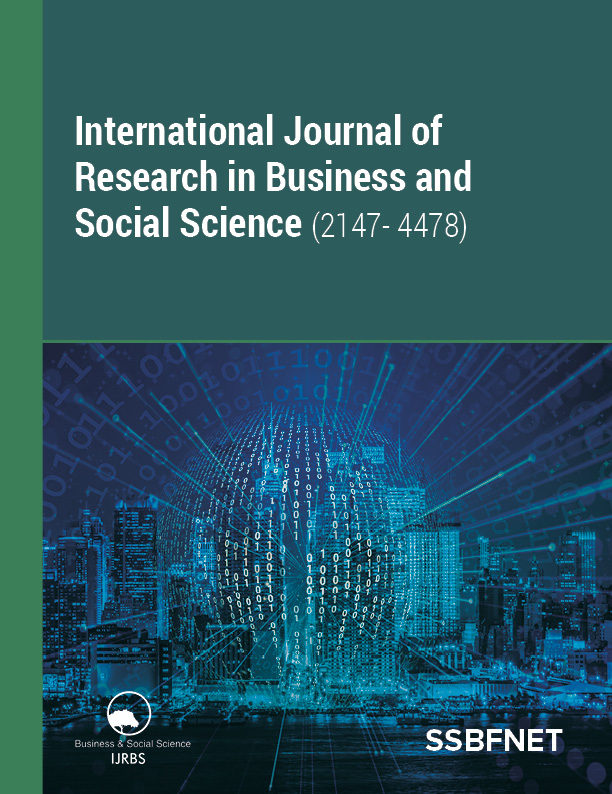
International Journal of Research in Business and Social Science
Yazarlar: Bahati Prince Ngongo, Phares Ochola, Joyce Ndegwa, Paul Katuse
Konular:
Anahtar Kelimeler:Mobile Health Adoption of M-Health Digital Health Health Innovations Kenya
Özet: Sub-Saharan Africa lags other regions in the adoption of both Patient-Centered (PC) and Facility Centered (FC) mobile health (m-health) applications. Transformational Leadership Style (TLS) of Hospital Management Boards (HMBs) is catalytic for the adoption of disruptive technologies such as m-health by hospitals. There is limited evidence on the effect of TLS of HMBs in the adoption of innovations in Low- and Middle-Income Countries (LMICS). This study investigated the moderating role of TLS of HMBs on the adoption of PC and FC m-health by hospitals in Kenya. It used the Logit Regression Model to test null hypotheses that the four constructs of TLS (Idealized Influence (II), Individualized Consideration (IC), Inspirational Motivation (IM), Intellectual Stimulation (IS)) individually or combined had no significant moderating effect on adoption of PC and FC m-health applications. Primary data was collected from a representative sample size of 211 Top Executives (TEs) of level 4 to 6 hospitals who evaluated the TLS of their HMBs on m-health adoption. At a 5% level of significance, the study found that only the combined application of the four constructs (II, IC, IM, IS) significantly moderated the adoption of PC m-health (p=0.046) but did not moderate FC m-health (p=0.345). Each incremental application of TLS would increase the odds of adopting PC m-health by 1.002 but not for FC. Therefore, this study recommends the capacity strengthening of HMBs in TLS to scale up PC m-health adoption in Kenya and other LMICs. It also recommends a differentiated approach to policies, practices, and theories of adoption of innovations using the PC-FC models.